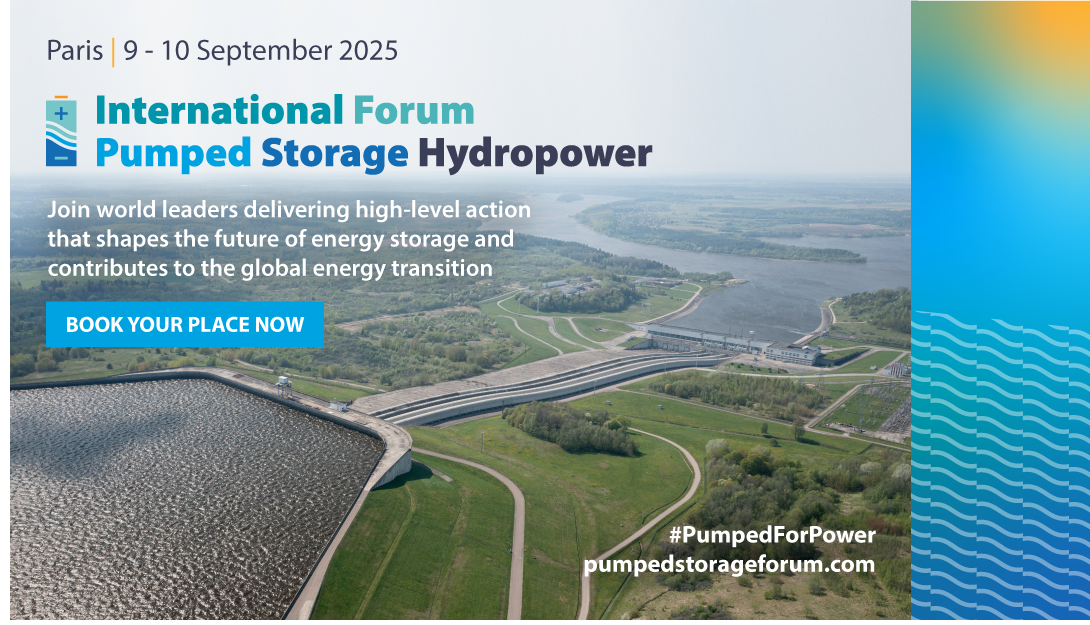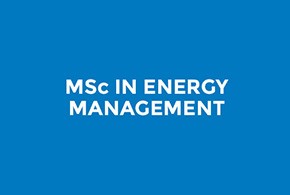| |
| |
|
Editorial
This month’s edition brings together key highlights — from thought-provoking events to insightful research and exciting academic opportunities.
Events:
1. International Forum on Pumped Storage Hydropower organised by the International Hydropower Association is taking place on 9-10 September in Paris. To find out more, click here.
2. ESCP London Careers Fair is taking place on 2 October. This event attracts 400-500 multilingual students from various programmes. More details about the event's agenda and participating companies can be found here.
In case you missed it:
1. The working paper titled "Modular Nuclear Power Plants, Ultra-High Voltage (UVH) and High Voltage Direct Current (HVDC) Transmission Lines, and Hydrogen Storage Systems in Europe" by Dr Sivachidambaram Pichumani is available online here.
2. The published paper titled "Evaluating the energy poverty in the EU countries" by EMC Experts Dr Georgia Makridou, Dr Ken'ichi Matsumoto, and Dr Michalis Doumpos is available here.
Energy Programmes at ESCP:
Applications for the October 2026 intake of our MSc in Energy Management will open this fall. If you want to check your eligibility and learn about the admission process you can book a consultation with the admissions team here and submit your CV for a review.
Our Executive Master in Future Energy is accepting applications for the February 2026 intake. For more information on the programme, click here.
Finally to keep-up-to-date on all activities at the Centre, we invite you to join our LinkedIn group Energy Management @ ESCP Business School.
|
| |
|
| |
|
Events
|

|
The Energy Management Centre (EMC) at ESCP is pleased to announce the International Forum on Pumped Storage Hydropower organised by the International Hydropower Association (IHA).
The International Forum on Pumped Storage Hydropower will convene Heads of State, government ministers, CEOs, and leaders to unlock the full potential of pumped storage. Building on the momentum of the 2021 Forum — which featured leaders like Mark Carney, Canada’s Prime Minister, and former US Energy Secretary Jennifer Granholm — this year's event will turn global ambition into high-impact action.
|

|
ESCP Business School (established in 1819) educates purpose-driven leaders who choose to act from day one of their studies. The ESCP London Campus has been pivotal in connecting academia and the business world, with the Careers Centre facilitating this through industry-specific networking events, guest lectures, internship programmes, and exclusive recruitment fairs. These activities provide exceptional opportunities for partners to engage with high-calibre students and explore promising career paths.
|
|
Latest News
|
Thursday, June 19, 2025
On 5th June, MSc in Energy Management (MEM) students and alumni gathered for the second MEM Alumni Night of the year. Following the success of the London gathering in March, this Paris edition was organised by the ESCP Energy Society and took place at Quai de la Photo - a péniche dedicated to art and ...
|
|
|
|
Our Mission
|

|
|
The EMC Advisory Board
|

The EMC Advisory Board is comprised of top energy experts from the world's industry leaders in both the public and private sectors.
- The curriculum of the MSc in Energy Management, ensuring the specialisation meets the needs of participants on academic and professional levels.
- Research that makes significant impact on best business practices.
- Current and future activities which benefit the EMC's partners, affiliates, students and alumni.
|
|
Energy Programmes
|

London - Paris - Internship
|
|

|
|
|
|
Research
|
EMC Working Papers
1. Introduction
The European Union (EU) is navigating a transformative period in its energy landscape, driven by the urgent necessity to tackle climate change and ensure sustainable energy security. As the world increasingly recognizes the dangers of climate disruption, the EU has positioned itself at the forefront of global efforts to reduce carbon emissions and foster a clean energy transition. In line with the ambitious European Green Deal, which aims to make Europe the first climate-neutral continent by 2050, the EU has set a bold target: achieving at least 42.5% renewable energy consumption by 2030, with aspirations to reach 45% [1]. Here's a concise summary of the current and upcoming trends in renewable energy demand and requirements across Europe. One of the upcoming requirements for Europe is the need to address seasonal variations in renewable energy production. Renewable sources, such as wind and solar, are inherently intermittent, leading to fluctuations in energy supply. This intermittency poses challenges to grid stability and energy security, especially during periods of low wind or solar generation. Converting offshore wind energy into hydrogen for storage can provide a flexible and reliable solution for energy supply, especially during periods when wind production is low or when demand peaks. Conveying current trends of renewable energy demand and upcoming trend requirements using Europe’s electricity base load with modular nuclear power plants, an Ultra High Voltage Transmission Line is used to transfer renewable energy long distances. Converting offshore wind production may concentrate on hydrogen storage in seas for upcoming seasonal issues caused by renewable energy, and finally Vertical Integration, Customer-centric, acquiring the energy from suppliers through Power Purchasing Agreements (PPAs).
|
|
Published Papers
Highlights
• Evaluating energy poverty across a sample of 32 economies from 2004 to 2021.
• Data from the EU-SILC database and Eurostat were utilised.
• Fixed-effect regression models were used to identify factors influencing energy poverty at the household level.
• Strategies for addressing energy poverty include enhancing housing conditions and lowering electricity expenses.
• Households that are low-income, smaller in size, and in poor condition are more vulnerable to energy poverty.
Abstract
The domain of energy poverty is increasingly recognised as a multifaceted global challenge stemming from limited income, high energy costs, and inefficient housing. The issue affects different social groups and regions unevenly, even within Europe. This paper investigates energy poverty across 32 economies, including EU member states and several non-EU European countries, over the period from 2004 to 2021. By analysing micro-level data from the EU-SILC database and Eurostat, the study identifies that low-income households, smaller households, and those living in overcrowded conditions are particularly vulnerable to energy poverty. Interestingly, the research finds that renewable energy does not contribute to alleviating energy poverty in Europe. Based on these results, the study calls for immediate policy measures to improve housing conditions and lower electricity costs, especially for economically disadvantaged households, to effectively address energy poverty.
|
Georgia Makridou, Ken’ichi Matsumoto, Michalis Doumpos
|
READ MORE
|
|
|
|
| |
|




















